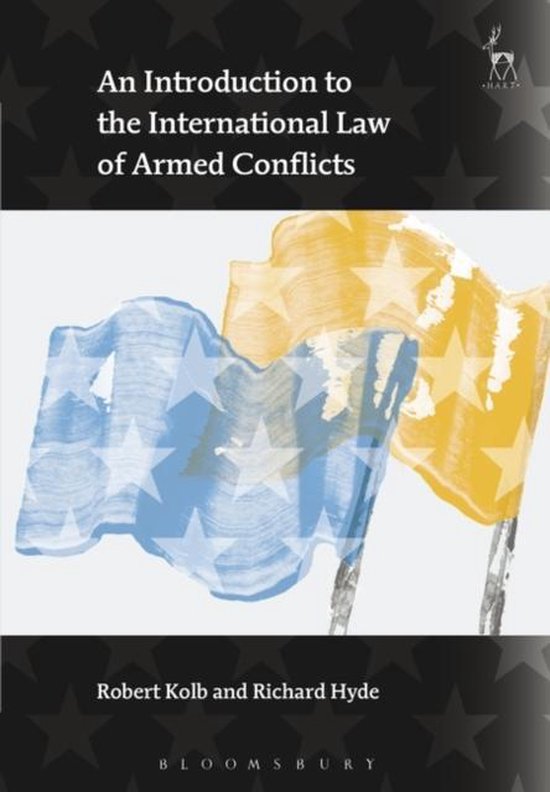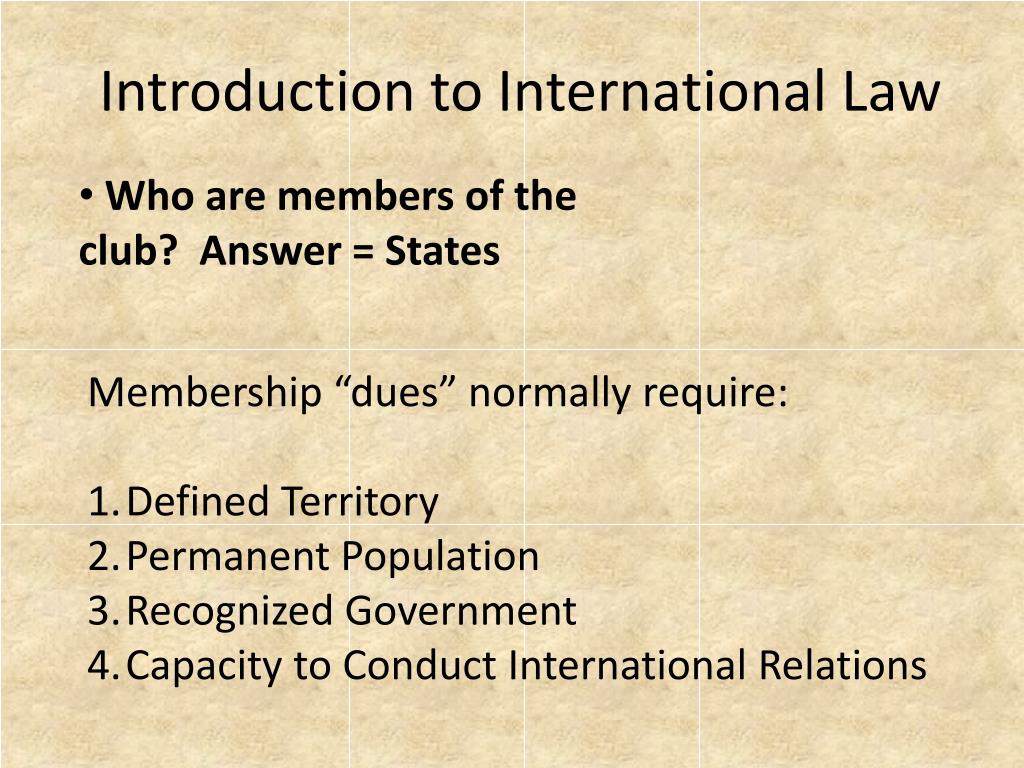

Notwithstanding the need to establish and maintain good relations with the parties, a peacekeeping operation must scrupulously avoid activities that might compromise its image of impartiality. Just as a good referee is impartial, but will penalize infractions, so a peacekeeping operation should not condone actions by the parties that violate the undertakings of the peace process or the international norms and principles that a United Nations peacekeeping operation upholds. United Nations peacekeepers should be impartial in their dealings with the parties to the conflict, but not neutral in the execution of their mandate. Impartiality is crucial to maintaining the consent and cooperation of the main parties, but should not be confused with neutrality or inactivity. Universality of consent becomes even less probable in volatile settings, characterized by the presence of armed groups not under the control of any of the parties, or by the presence of other spoilers. The fact that the main parties have given their consent to the deployment of a United Nations peacekeeping operation does not necessarily imply or guarantee that there will also be consent at the local level, particularly if the main parties are internally divided or have weak command and control systems.

In the absence of such consent, a peacekeeping operation risks becoming a party to the conflict and being drawn towards enforcement action, and away from its fundamental role of keeping the peace. Their acceptance of a peacekeeping operation provides the UN with the necessary freedom of action, both political and physical, to carry out its mandated tasks. This requires a commitment by the parties to a political process. UN peacekeeping operations are deployed with the consent of the main parties to the conflict. Non-use of force except in self-defence and defence of the mandate.

These three principles are inter-related and mutually reinforcing:


 0 kommentar(er)
0 kommentar(er)
